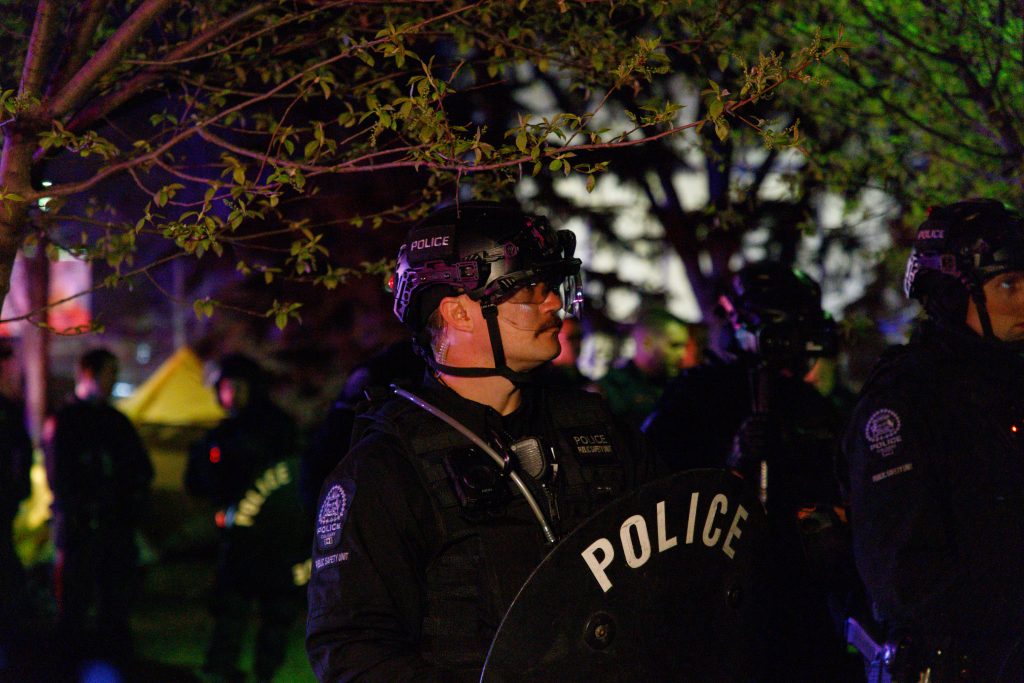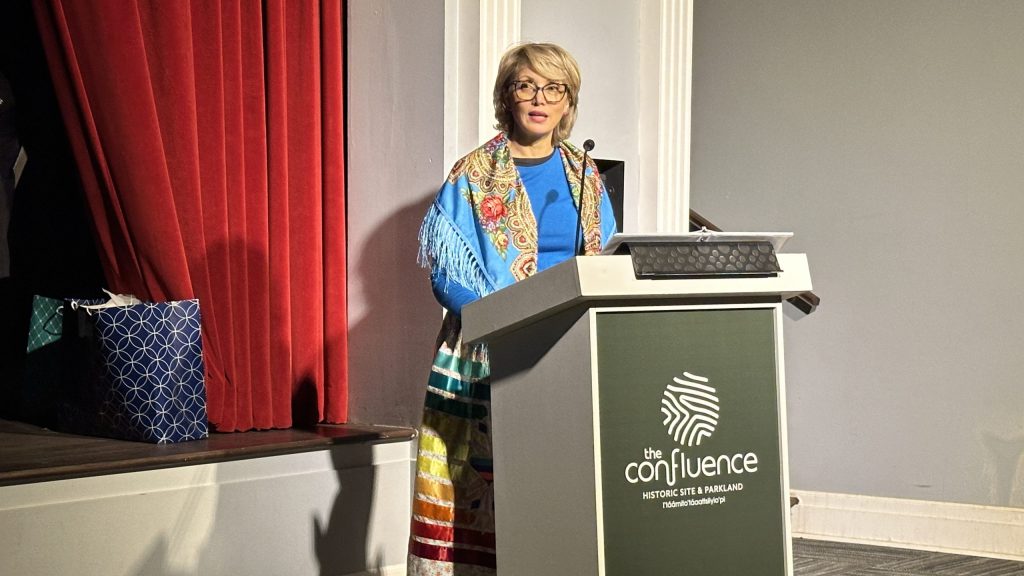Media experts warn of misinformation in wake of Israel-Hamas war

Posted Nov 2, 2023 11:47 am.
While the war in the Middle East has seen decades of ebb and flow, some local experts say the latest phase of the war has a larger audience than ever before, as we’re in the age of social media.
They’re also warning that media literacy is more important than ever.
With a high volume of information spreading rapidly across the web, information surrounding the Israel-Hamas war has become increasingly convoluted over the last few weeks; especially as A.I. images portraying things that never happened spread rapidly on social media.
That’s according to Media Smarts education director, Matthew Johnson, who says misinformation, whether it’s spread on purpose or not, can have damaging effects.
“It hurts our understanding of the world. We know as well that social networks are more likely to share, to promote content that is polarizing, that makes us feel strongly, that makes us take a side,” he said. “But it has the result in the long run of making it harder to resolve this situation.”
However, Mount Royal University journalism and digital media professor Archie McLean, says social media users can help in the fight against misinformation by taking certain measures.
“Take a pause before sharing information — what is the source of this information? Am I sure it’s correct? Oftentimes it’s as simple as a quick Google search to help people find out if something has been fact-checked before or something is untrue,” he explained.
McLean also recommends trusting major news networks when it comes to understanding the Israel-Hamas war, and using critical thinking skills to avoid confirmation bias.
He explains that the spread of falsified information can cloud the global understanding of the conflict, and make it harder for authorities to find a solution.
“The information war is a big part of modern warfare, and both sides will find ways to get their information, their propaganda, their telling of things, out into the media,” McLean said. “We’ve seen examples of this in Ukraine and Russia and now in Israel and Gaza.”
Johnson says even though the high volume of information can be hard to navigate, social media users need to be responsible when sharing information.
“It makes us feel as though we simply cannot tell when it’s real and that it really is, in many cases, the goal of intentional disinformation but it is also an impact of unintentional misinformation,” he added.
McLean noted that historically, misinformation spreads the most rapidly at the beginning of conflicts, whereas, misinformation in the form of military or government propaganda becomes more prevalent as the war goes on.
“There does tend to be an arc to these things. When a conflict first breaks out, there tends to be more misinformation — people passing on information sometimes with good intentions but just that may be untrue,” he said. “And as the conflict drags on, we see more organized disinformation, so that is campaigns by military forces and other forces to influence the dialogue, influence public opinion.”










